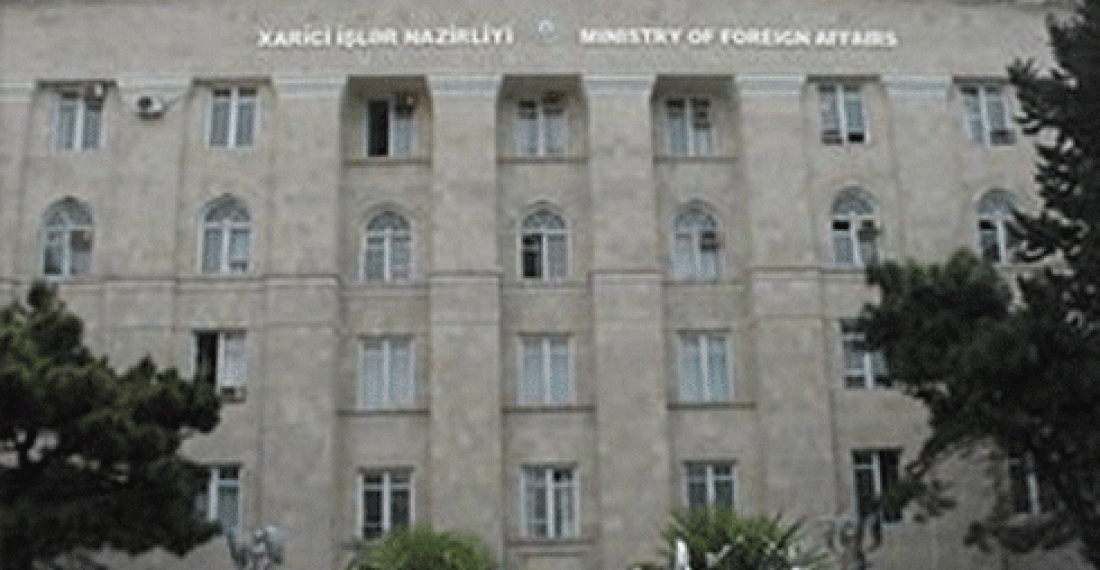МИД Азербайджана назвал провокацией со стороны правительства Армении заявление о президентских выборах в самопровозглашенной Нагорно-Карабахской Республике.
Пресс-секретарь Министерства иностранных дел Азербайджана, Эльман Абдуллаев, добавил, что "В этом отражается подход Армении к урегулированию конфликта, проявление полного неуважения и пренебрежения принципами и нормами международного права, а также полное игнорирование резолюций и решений, принятых международными организациями, в особенности Советом Безопасности ООН, Европарламентом, Советом Европы".
Реакция из Азербайджана поступила сразу после сообщений в армянских СМИ о том, что на этой территории состоятся президентские выборы 19-го июля. Ожидается, что Бако Саакян будет претендовать на следующий срок. Политические наблюдатели говорят, что оппозиция Саакяна в Карабах является очень слабой и его переизбрание весьма вероятно.
Источник: commonspace.eu по материалом агентств
Фото: Здание Министерства иностранных дел Азербайджана в Баку (фото из архива)
Азербайджан осуждает предлагаемые выборы в самопровозглашенной Республике Нагорный-Карабах, запланированные на 19 Июля.
Азербайджан осуждает предлагаемые выборы в самопровозглашенной Республике Нагорный-Карабах, запланированные на 19 Июля.







